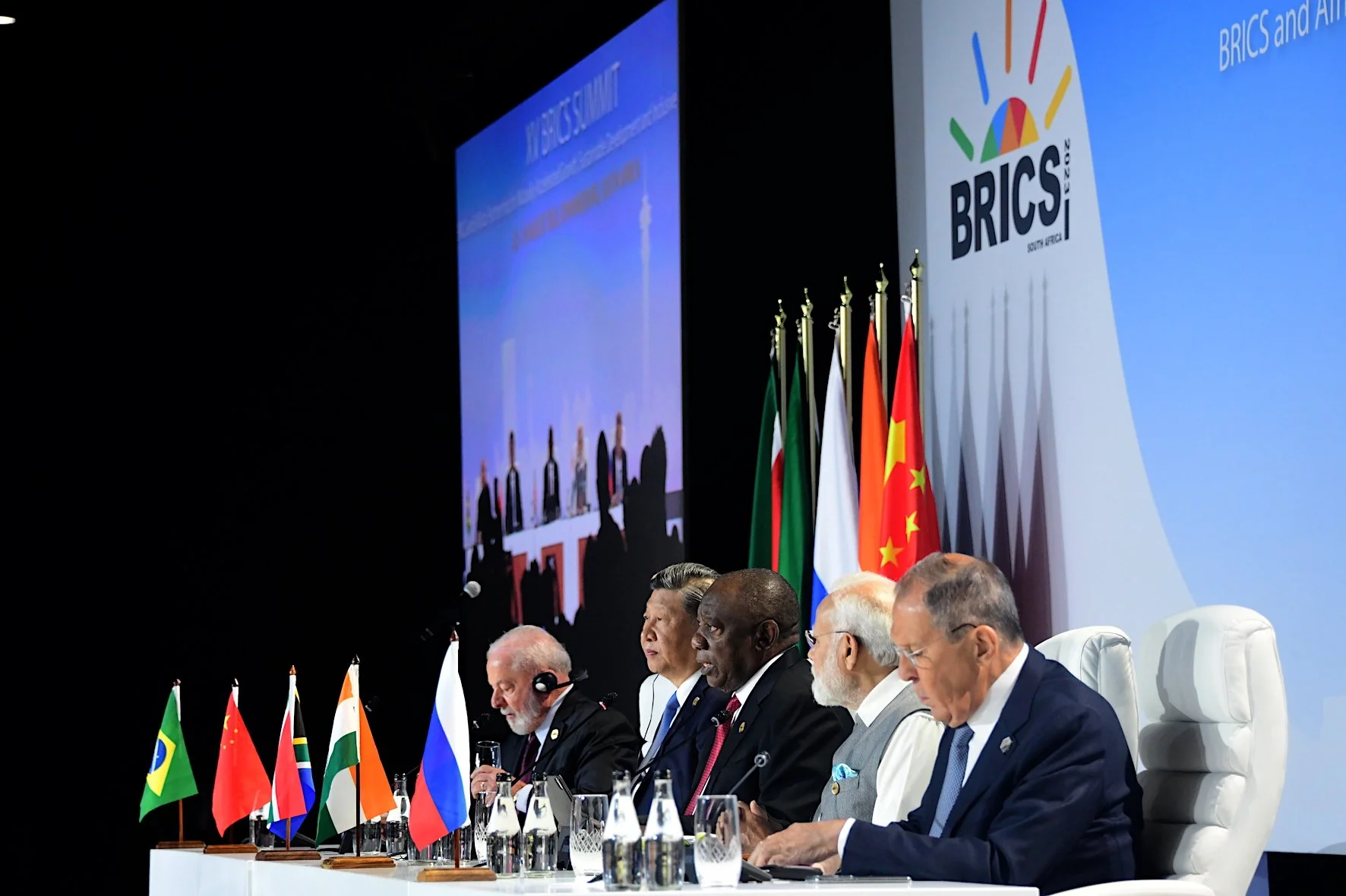Written by Lucas Myers
The Quad’s role is clearer in 2024 than in 2017 or 2007. It coordinates and ensures the provision of public goods in an era of great power competition that is about much more than just traditional hard power security.
Read More















